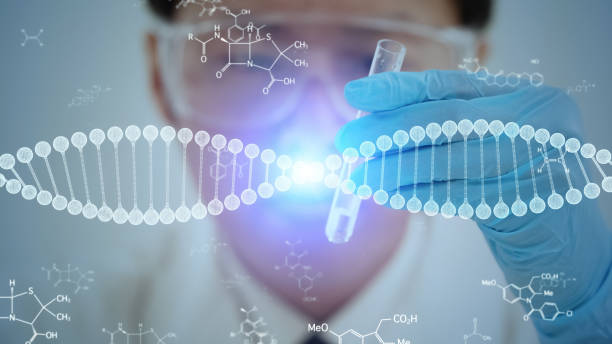Regenerative medicine uses the body’s natural ability to heal. It is used to reverse disease, injury, and disability by repairing damage to tissues without the need for surgery. Regenerative medicine is a broad set of therapeutic disciplines utilized to regenerate tissue or organs. As regenerative treatments do not focus on combating diseases but on restoring and maintaining health, regenerative therapies are more commonly administered to modulate chronic conditions such as arthritis or diabetes that don’t necessitate immediate and major surgery.
Vital function:
Plant-derived stem cells are used to regenerate lost or damaged tissues. Tissue is replaced to cure or mitigate conditions like joint disorders, blindness, spinal cord injuries, trauma injuries, and various human immune system diseases. Plant-derived cellulose fibers and proteins are used for tissue replacement in multiple forms: bone substitutes, skin substitutes, tissue engineering materials, and scaffolds. An alternative to transplanting tissues that stimulates your body’s natural scarring ability, which eventually leads to the healing of the tissue. This method helps treat people with diabetes who have had their pancreas removed but still suffer from low blood sugar levels.
Less medication:
Injectable drugs like synthetic steroids and insulin cause various side effects. Regenerative medicine involves the implantation of a drug-eliminating device used in conjunction with medication, thus requiring less medication. Unfortunately, the cost of chronic pain medications has been increasing in recent years. To get this service, you should visit a trusted platform like QC Kinetix (Mahan Center) near Tallahassee. In this case, patients can get the same results using alternative treatments. Advanced technologies and stem cell research have led to alternate methods that are less expensive and less painful.
No surgery:
In regenerative medicine, the goal is to repair or replace damaged tissues instead of removing them. If the tissue is part of a vital organ, then the implantation procedure can be done in the office. It can help you with plenty of severe diseases like Cardiovascular. Cardiovascular disease treatment focuses on stem cells that act as blood vessel nurture and regeneration by repairing injured areas that cause chronic conditions like heart attacks and strokes.
By using a patient’s stem cells to regenerate new heart muscle, diseases like congestive heart failure can be treated by people without requiring surgery or rejection from the immune system. Cardiovascular disease treatment has been performed for about ten years, leading to significant improvements in treating damaged tissue and restoring its original function.
Quality of life:
The immune system’s ability to regenerate tissues is critical for restoring the body’s normal functioning after an injury. Decreased scarring leads to improved quality of life. People can use many methods for stem cell research:
- Stem cell isolation
- Stem cell expansion
- Stem cell gene therapy (HSCR)
- Embryonic stem cells
- The use of adult stem cells
These methods provide several advantages, with no radiation, no surgical incisions, and a faster recovery time for the patient. In addition, the patient does not need to go through major surgery, thus saving money and reducing risks involved in general surgeries.
Stem cell research has gained momentum, as it holds the potential to treat all forms of ailments. This article provides an overview of regenerative medicine and what it can do for you.

